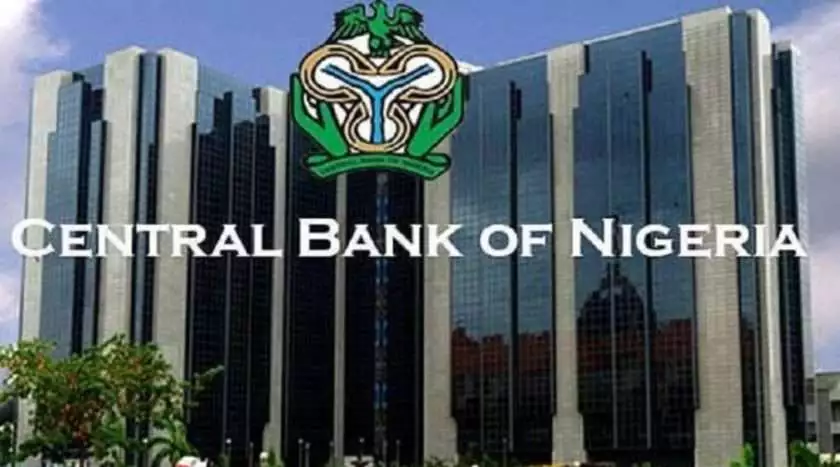Commercial bank customers in the country are required to submit their social media handles and emails to their banks according to the new Central Bank of Nigeria, CBN, due diligence regulations to deepen the identification process in the banking sector.
Under the regulations, the bank customers are also mandated to submit their telephone numbers, and residential addresses, to their banks.
According to those who spoke on the guidelines, customers will be expected to intimate their banks with their Facebook, Twitter, Instagram, Telegram, and other social media handles.
Analysts insist that this is part of the efforts by the apex bank to deepen the CBN Know Your Customer, KYC, framework released last year.
The apex bank disclosed this in its newly released ‘Central Bank of Nigeria (Customer Due Diligence) Regulations, 2023’ document.
The CBN said the regulation is necessary, “To provide additional customer due diligence measures for financial institutions under the regulatory purview of the Central Bank of Nigeria to further their compliance with relevant provisions of the Money Laundering (Prevention and Prohibition) Act (MLPPA), 2022, Terrorism (Prevention and Prohibition) Act (TPPA), 2022, Central Bank of Nigeria (Anti-Money Laundering, Combating the Financing of Terrorism and Countering Proliferation Financing of Weapons of Mass Destruction in Financial Institutions) Regulations, 2022 (CBN AML, CFT and CPF Regulations) and international best practices.
“And enable the CBN to enforce compliance with customer due diligence measures in line with the CBN AML, CFT, and CPF Regulations.”
Under the CBN KYC regulations commercial banks are mandated to use technology to monitor customers’ transactions with a view to preventing financial-related crimes.
“……financial institutions are required to have robust, effective, and efficient AML/CFT solutions with screening tools in place that will monitor the various thresholds. All accounts, no matter how low the transactions or the risks, must be subjected to continuous suspicious transaction monitoring by financial institutions which will determine when incremental KYC requirements need to be provided by the customers,” the CBN said
Discover more from The Source
Subscribe to get the latest posts sent to your email.








